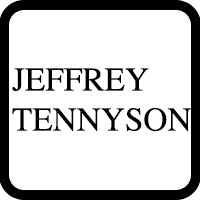Moran Land Use & Zoning Lawyer, Wyoming
Not enough matches for Moran Land Use & Zoning lawyer.
Below are all Moran Real Estate lawyers.
Jeffrey A. Tennyson
✓ VERIFIEDAccident & Injury, Personal Injury, Premises Liability
Jeffrey Tennyson is a practicing lawyer in the state of Wyoming handling personal injury matters.
Jonathan James Wylie
Commercial Real Estate, Real Estate, Employment Discrimination, Business & Trade
Status: In Good Standing Licensed: 24 Years
Kevin Preston Gregory
Real Estate, Civil Rights, Civil & Human Rights, Business
Status: In Good Standing Licensed: 10 Years
Kimberly Jo Kernan
Commercial Real Estate, Land Use & Zoning, Dispute Resolution, Environmental Law
Status: In Good Standing Licensed: 35 Years
Carter Shea Callaway
Non-profit, Commercial Real Estate, Employee Rights, Clean Air Practice
Status: In Good Standing Licensed: 22 Years


